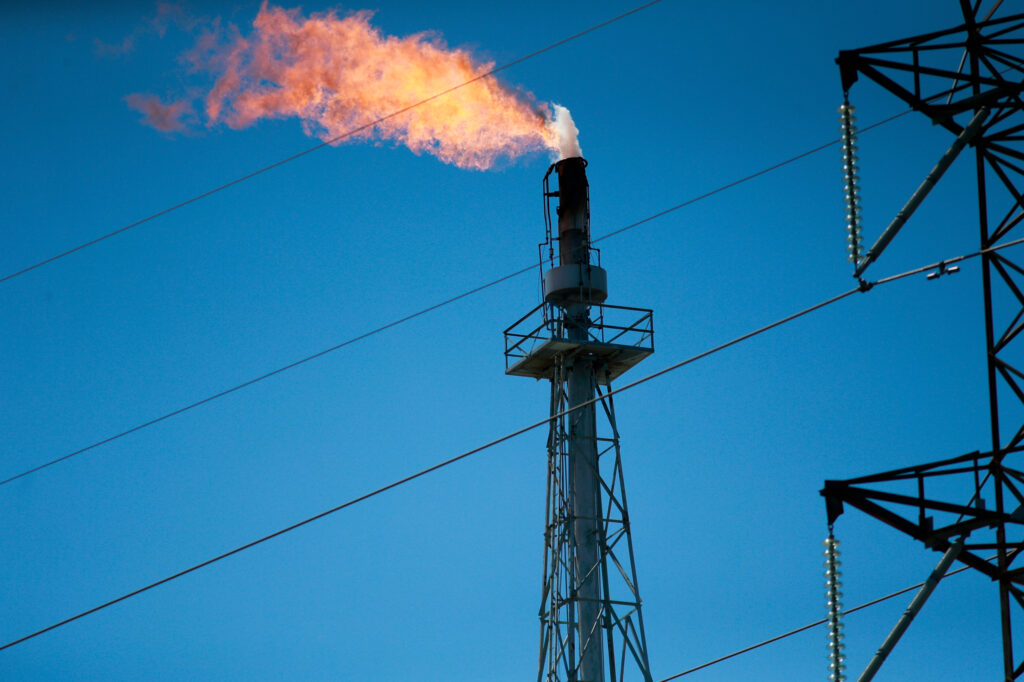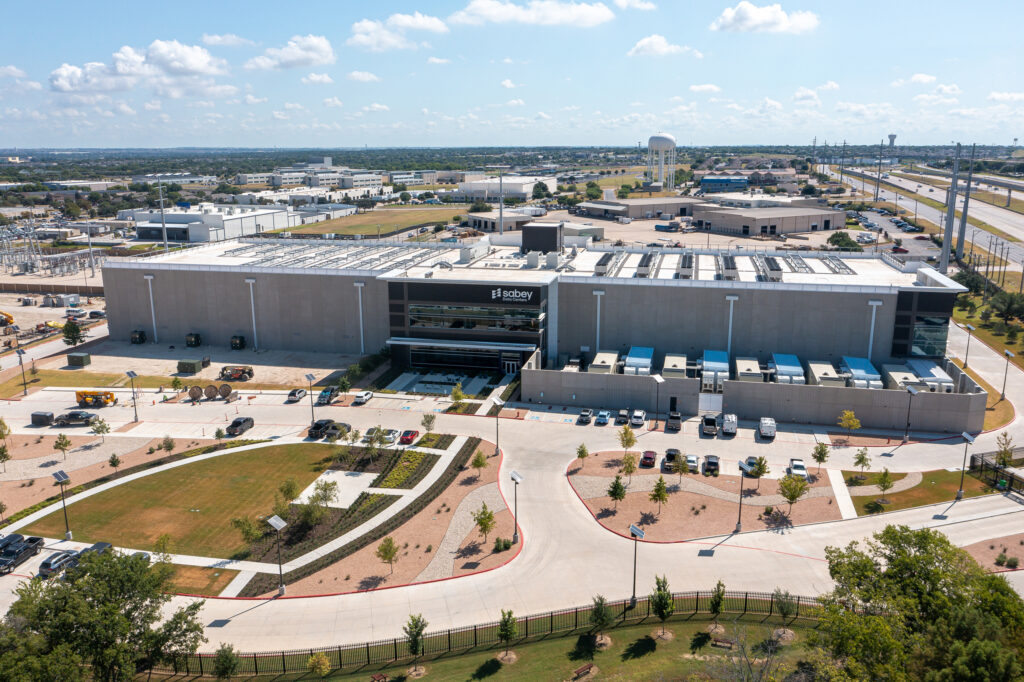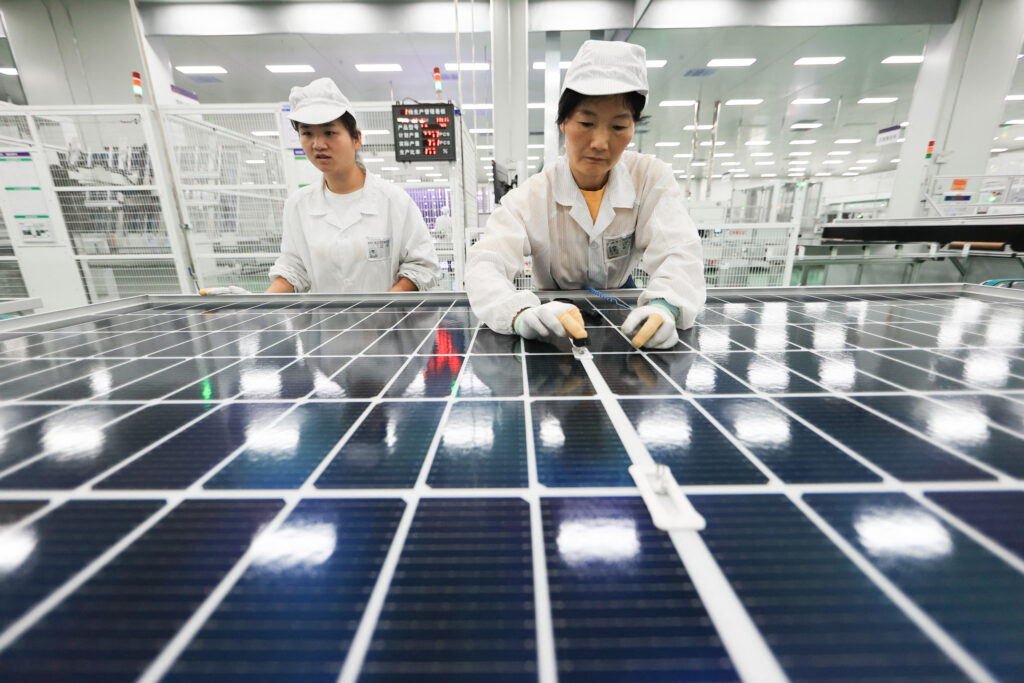Electric and hybrid vehicle owners should prepare for a big, beautiful tax increase.
The text of President Donald Trump’s “big beautiful bill,” which passed the U.S. House of Representatives early Thursday, contains a provision that would impose a new annual registration fee on electric and hybrid vehicles, a move that experts say will disincentivize purchases of zero- and low-emission vehicles across the country.
The legislation outlines fees of $250 a year for EVs and $100 a year for hybrid vehicles, to be imposed by the Federal Highway Administration. If passed by the Senate, the law would also require the fees to increase in line with inflation.
By proposing a new registration fee for EVs, Congress is following the lead of a number of states seeking a way to make up for lost gasoline tax revenue as more and more drivers turn to electric transportation.
Both states and the federal government rely heavily on gasoline taxes for construction and maintenance of roads and bridges. The average gasoline car driver will pay about $279 per year in federal gasoline taxes this year, based on gas at $3.10 per gallon, the average price that federal energy forecasters have projected for 2025. (According to the American Petroleum Institute, the average U.S. driver purchases 489 gallons of gasoline per registered vehicle annually, and the federal highway tax is 18.4 cents per gallon.)
Thirty-nine states now require a special registration fee for EVs or other alternative fuel vehicles, ranging from a low of $50 in Colorado to a high of $290, planned in New Jersey to start in 2028, according to the National Conference of State Legislatures.
But some energy economists have argued that imposing high registration fees for EVs is not a good way to address funding of highway costs, because it discourages EV purchases. Instead, they have analyzed other approaches that would be more technology neutral, like charging all drivers a fee based on how many miles per year they travel.
The new registration fees would be imposed on top of these existing state charges, further penalizing those drivers who choose to drive hybrids and EVs.
Daniel Tait, who leads Energy Alabama, a nonprofit organization that has advocated for clean energy in the state for more than a decade, said the newly proposed fees are a bad idea.
“These proposed registration fees would be new taxes that not only hurt regular people trying to save on gas, they are a direct threat to Alabama’s burgeoning EV manufacturing sector,” he said. “For a state that has invested heavily in becoming a leader in EV production, this move is not just counterproductive, it’s economically reckless.”
Alabama already imposes an annual registration fee of $200 for each electric vehicle and $100 for each plug-in hybrid vehicle, according to its Department of Revenue. The fees were first imposed on Jan. 1, 2020, with a $3 increase beginning in 2023 and every fourth year after.
“Added to Alabama’s existing EV registration fees, which are already among the highest in the nation, these new proposed federal fees would create a hostile environment for EV adoption,” Tait added. “This not only discourages consumers from purchasing EVs but also sends a negative signal to manufacturers considering investment in the state.”
The proposed EV and hybrid fees come as governors from 11 states have announced a concerted effort to “sustain America’s transition to cleaner and more affordable cars.”
On Friday, the U.S. Climate Alliance announced that 11 of its member governors have launched the Affordable Clean Cars Coalition, an effort to resist actions aimed at rolling back electrification of the transportation sector that they say “undermine American competitiveness in the global automotive market and constrain innovation.”
“The federal government and Congress are putting polluters over people and creating needless chaos for consumers and the market, but our commitment to safeguarding Americans’ fundamental right to clean air is resolute,” the group said in a statement.
So far, Republican supporters of the president’s “big beautiful bill” have remained mum on the fee increase, instead touting the legislation as critical to cutting taxes.
“The House did its part,” Sen. Tommy Tuberville (R-Ala.) posted on social media. “We must pass meaningful tax cuts and help hardworking Americans ASAP before the 2018 tax cuts expire.”
The White House did not immediately respond to questions about how the proposed increase aligns with its goal of lowering taxes for Americans.
About This Story
Perhaps you noticed: This story, like all the news we publish, is free to read. That’s because Inside Climate News is a 501c3 nonprofit organization. We do not charge a subscription fee, lock our news behind a paywall, or clutter our website with ads. We make our news on climate and the environment freely available to you and anyone who wants it.
That’s not all. We also share our news for free with scores of other media organizations around the country. Many of them can’t afford to do environmental journalism of their own. We’ve built bureaus from coast to coast to report local stories, collaborate with local newsrooms and co-publish articles so that this vital work is shared as widely as possible.
Two of us launched ICN in 2007. Six years later we earned a Pulitzer Prize for National Reporting, and now we run the oldest and largest dedicated climate newsroom in the nation. We tell the story in all its complexity. We hold polluters accountable. We expose environmental injustice. We debunk misinformation. We scrutinize solutions and inspire action.
Donations from readers like you fund every aspect of what we do. If you don’t already, will you support our ongoing work, our reporting on the biggest crisis facing our planet, and help us reach even more readers in more places?
Please take a moment to make a tax-deductible donation. Every one of them makes a difference.
Thank you,


















